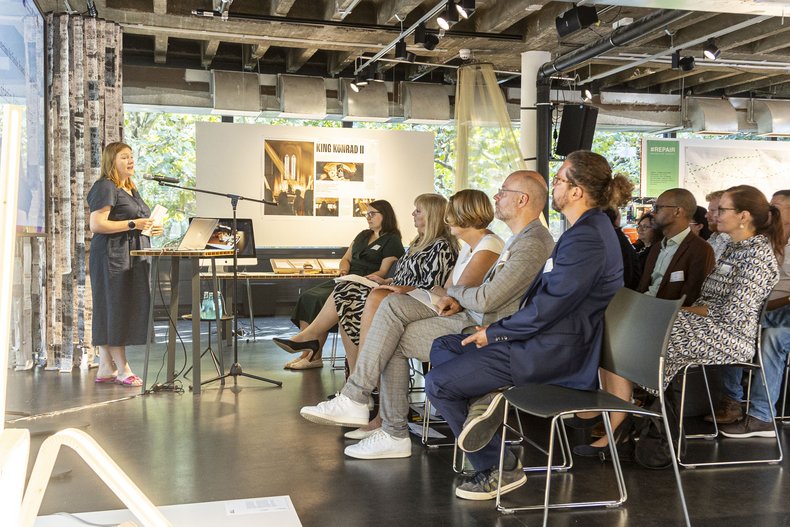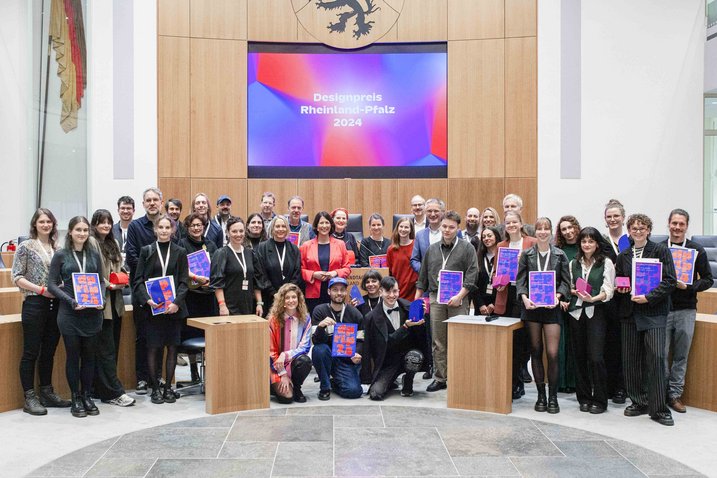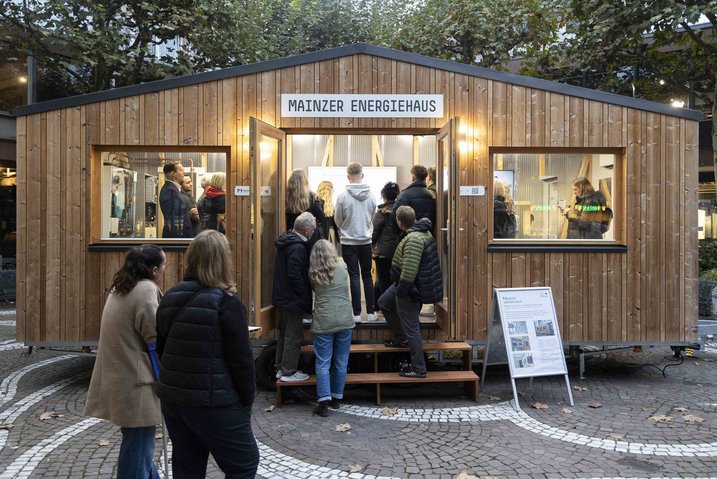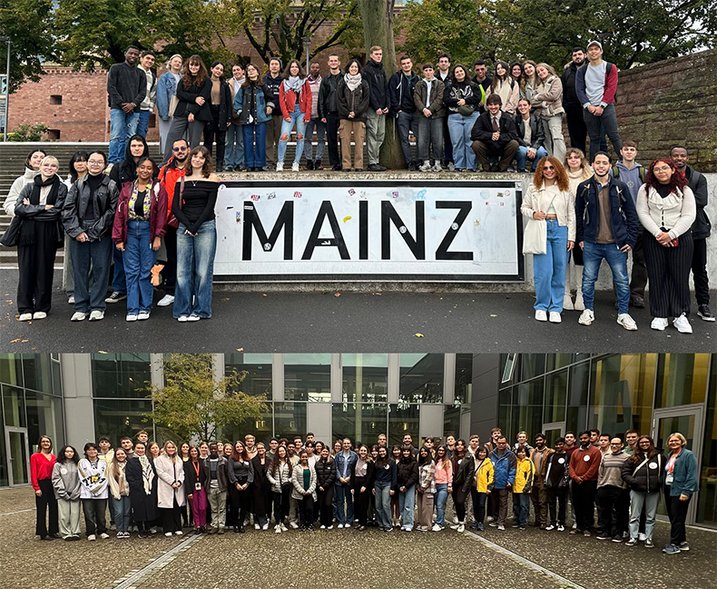Integration Minister Katharina Binz and representatives of Mainz University of Applied Sciences and the Supervision and Service Administration Body (ADD) today celebrated the launch of the project “Strengthening digital skills for self-determination and mobility,” or DigiKoSMos for short. As part of the project, which is being implemented by Mainz University of Applied Sciences, measures to provide digital training for residents are to be implemented in all intake facilities for asylum seekers in the state.
“In Rhineland-Palatinate, it is important to us to create needs-oriented and low-threshold support services. With projects such as DigiKoSMos, we are using the time in the intake facilities sensibly to not only guide the residents, but also to offer them the opportunity to expand their digital skills. The project offers great potential to give refugees access to education and increase their chances of being integrated into the job market, ultimately making it easier to get people into employment,” emphasized Katharina Binz.
The continuing education program includes in-person and online courses, along with accompanying research activities. People living in intake facilities with uncertain prospects for remaining in Germany are to be sensitized to the possibility of returning to their country of origin and the associated opportunities. The aim is to increase the employability of participants worldwide by developing their digital skills and to enable them to use digital technologies with confidence.
"The ability to move actively and independently in the digital space has now become a core skill in both the personal and professional worlds. I am therefore all the more pleased that, together with our project partners, we are able to offer this training to the people accommodated in the state’s intake facilities. This project is an important addition to the portfolio of continuing education measures in the facilities,” said Christiane Luxem, Vice President of the ADD.
The project, which was launched on July 1, will run for three years and is being funded with a total of around 2.15 million Euro. As the central collaboration partner, the Ministry of Integration is supporting the initiative with around 215,000 Euro. Further funding is provided by the Asylum, Integration, and Migration Fund (AMIF).
Prof. Dr. Susanne Weissman, President of Mainz University of Applied Sciences, is delighted about the funding, “because the interdisciplinary DigiKoSMos project shows once again how the university can use socially relevant and research-based innovations in the field of digital media to encourage people to improve their chances of professional and social reintegration in their home country. By bundling the various skills, this project can contribute to a positive impact on the economy and society."
”At Mainz University of Applied Sciences, we want to make a contribution to the digital education of society. We do this for school and university students as well as for companies. In this project, we are pleased to once again dedicate ourselves to migrants,” explains Prof. Sven Pagel, Professor of Applied Informatics and Media Management at Mainz University of Applied Sciences and strategic director of the project.
The creative approaches and innovative nature of the project us create a high level of added value and sustainable benefits for the residents of the intake facilities for asylum seekers.




